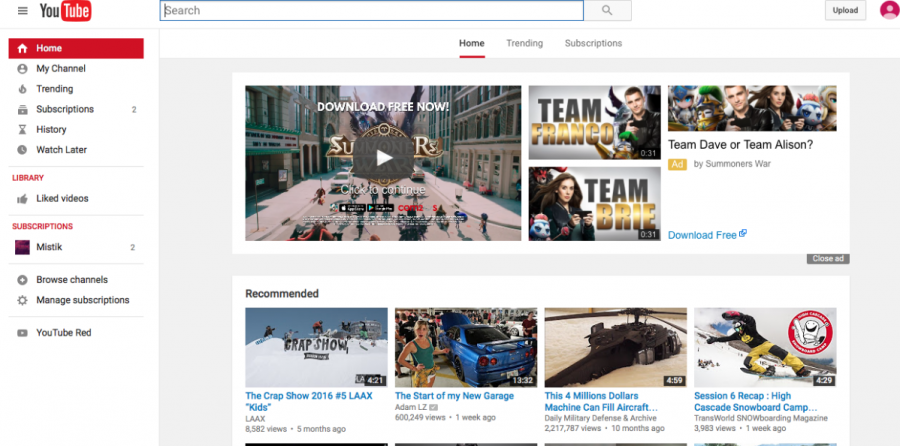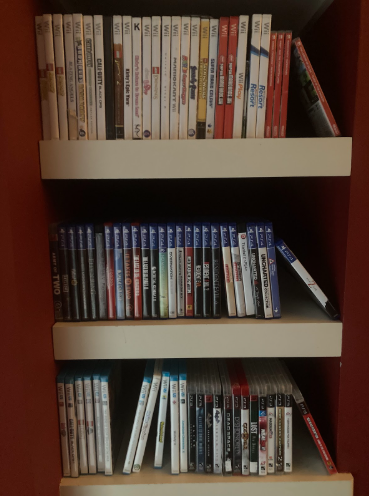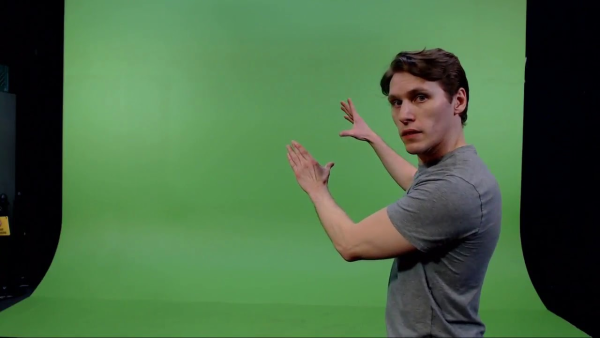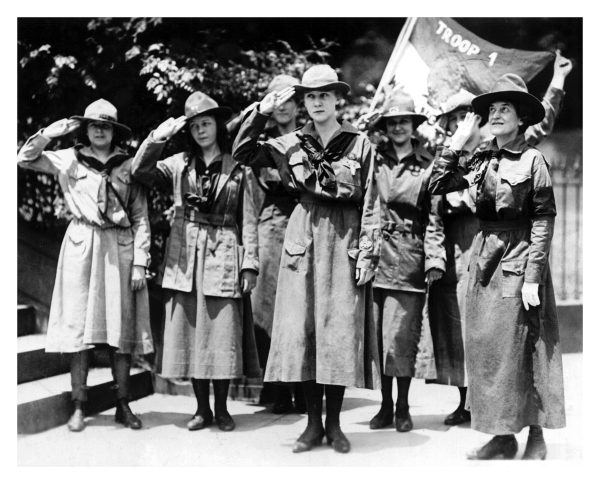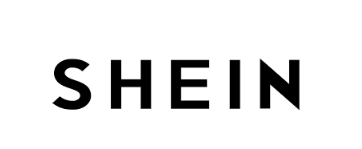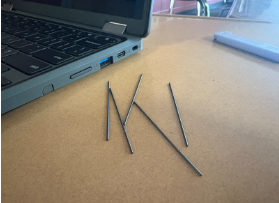YouTube Unexpectedly Demonetizes Videos
YouTuber Casey Neistat uploaded a video named “WTF YouTube? Taking away monetization???” on 9/6/16. In this video, Neistat informed his viewers about YouTube’s new monetization policy. Neistat says YouTube has started the process of demonetizing any YouTube videos they don’t consider ad friendly.
This week’s decision made at corporate headquarters of YouTube has angered many YouTube creators, said Neistat. Neistat is a YouTube video creator, and wanted to share his opinion on this case he said.
YouTube announced in their online policy page that they would be demonetizing any videos with inappropriate content such as vulgar language, political conflicts, natural disasters, sexual content, harassment, and bullying.
Whereas this might be good business sense for YouTube (to protect their advertiser’s funding), there has been no clear plan to accurately assess and monitor which videos are acceptable and which are not.
YouTube is not having people check the videos to see if they are appropriate or not, Neistat said. That is merely impossible. So instead, YouTube set algorithm that will go through the videos to decide whether they are applicable for monetization or not. But YouTube’s algorithm could easily demonetize videos for unspecified and inconsistent reasons, Neistat said.
YouTube is protecting their business, because “there are a lot of vulgar videos on YouTube that get a lot of views for their trashy content,” said Jack Reindeers a sophomore at Arrowhead High School.
YouTube doesn’t want the ad holders to pull their advertisements due to inappropriate content, and therefore hurt YouTube’s profits. So the corporation has decided to begin policing the content. Some appropriate videos that contain a swear word could get demonetized. This has many of the creative artists angry because they justifiably are concerned that their incomes will go down.
“If you really want to hurt someone, you hurt them in their wallet,” said YouTube star Philip DeFranco in a Forbes article, “Making Sense Of YouTube’s Great Demonetization Controversy Of 2016,” posted on forbes 9/2/16.
And when a YouTube channel can’t make money from the content the people deciding to put on their videos, the loyalty with the ad company can become weak. Not only does that affect the creator, but it affects YouTube as well said Neistat. And that is why YouTube has decided to put out these new policies.
YouTube doesn’t want companies ads to be on videos that contain sexual content, violence, promotion of drugs, and inappropriate language as shown in the YouTube policy.
